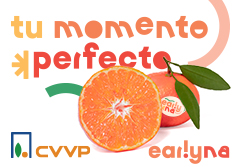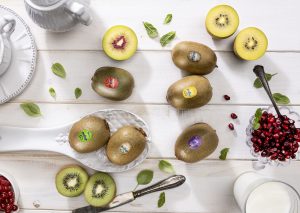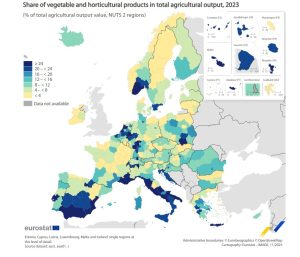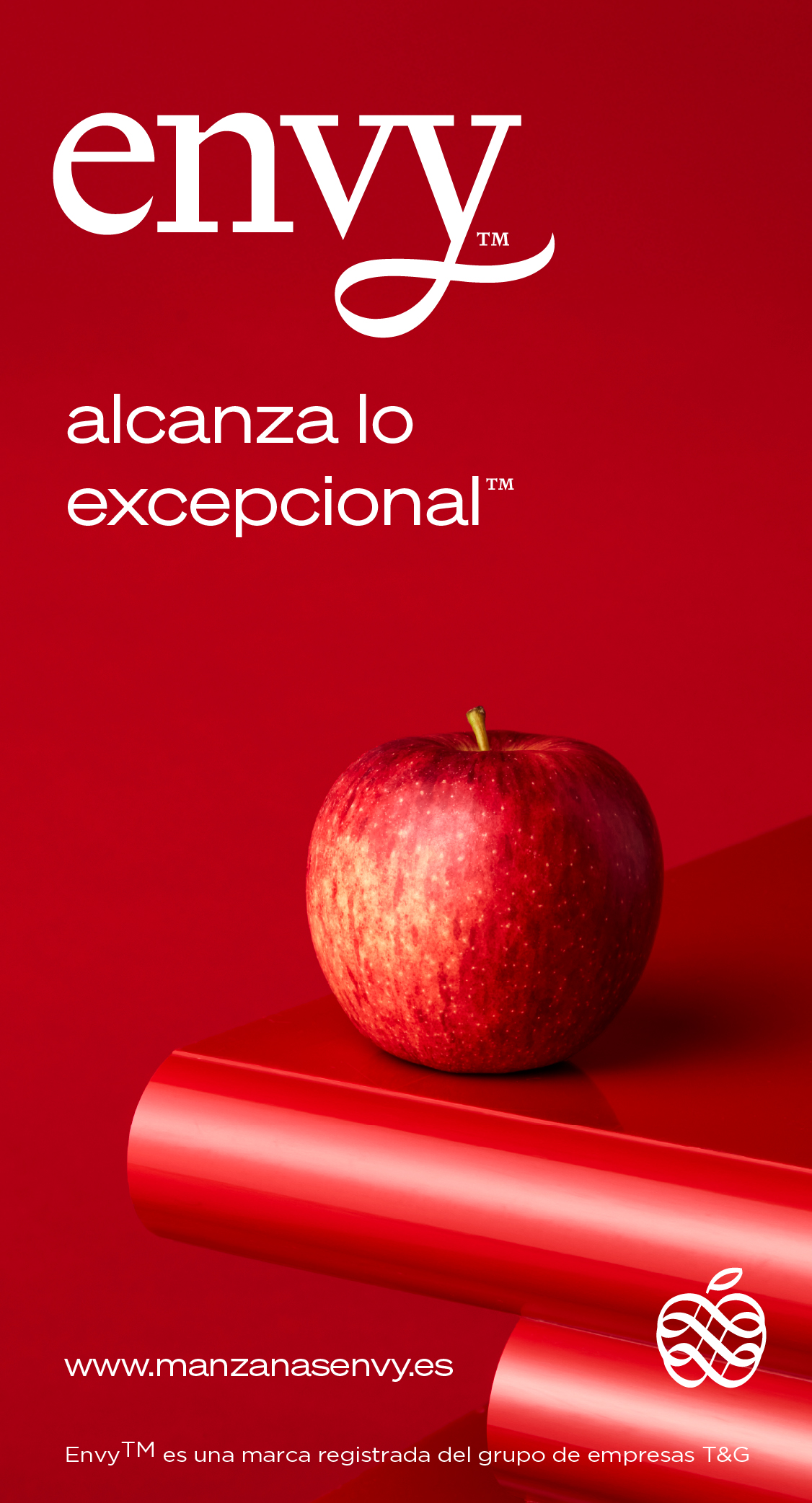Intersemillas is a company that enjoys a long tradition in the development of new melon and watermelon varieties, being consolidated as a firm specialised in cucurbitaceae thanks to its excellent results both in the fields and on the market.
Farmers seek to obtain productivity with their crops, and the seed companies are well aware that they must pay attention to their demands. Intersemillas’ goal is to offer a balance in their seeds to obtain this productivity, providing essential qualities such as incredible flavour with a good package of resistances for excellent results.
Melons
In piel de sapo, they have their star variety for the Almeria region; a strong option with which they have made a great effort in research and innovation.
Corcel is a melon with all-rounder flavour and excellent organoleptic quality, recommended only for early crops in Almeria, where it produces a long oval-shaped, thick fruit with an average weight of 3-4 kg.
Its skin has a gentle grooving that stands up to cracking well and it develops a very healthy plant. Its transplant dates in the greenhouses are from the beginning of January until mid-February with resistances to MNSV/Fom:0,1,2/Px. In Murcia, it will be introduced for February transplants under glass next spring.
Conquistador is a piel de sapo with the original melon flavour. Its lengthways grooving turns it into the typical “traditional melon.” It develops a very strong, healthy plant that is highly productive.
The balance between sugar and crunchiness, consistent flesh together with its “medium size,” make it highly appealing for the Spanish market, where its round shape and its weight of between 3.8-4.2 kg make it stand out. In western provinces of Andalusia, such as Cordoba or Seville, it is recommended for transplants from the 15th of April, with lighter fruits: 3-3.5 kg.
It offers excellent results in medium-late cycle plantations in La Mancha, where over 20 Ha have already been planted this year. In Murcia, it is showing good adaptation in late transplants (May). It has good, intermediate resistance to powdery mildew.
Watermelons
In watermelons, Intersemillas offers a range of sizes and stripes, adapting to the customer’s requirements and it has the first varieties with high resistance to powdery mildew.
For early crops, two varieties stand out:
Menina is a very sweet, mini watermelon, with uniform fruit of between 2 and 3 kilos. It develops a strong, very healthy plant with a significant productive capacity, recommended as a monoculture and for ecological plantations which, due to its extended flowering, generate very good productions.
This variety is successful on the micro-seed watermelon market. It has very few, smaller seeds compared to the other varieties on the market at present.
And Doncella, which is a striped, triploid watermelon with extraordinary organoleptic quality, with dark background and stripes, round fruit and an average weight of between 6.5-7.0 kg, along with great uniformity.
It has a strong, dark and very healthy plant, important production and perfect adaptation both to greenhouse and open air cultivation, as well as in early and late production, depending on the growing regions.
For later crops they have Feten, a striped triploid with a dark background, which is completely round, with an average weight of between 4.8-5.6 kg. It stands out due to its firm, bright red flesh that is very crunchy and sweet. It has a very tough skin that gives it resistance for transport. Combined with a strong, dark, very healthy plant, it is interesting for both the fresh market and for the processing industry.
And Amena, a triploid variety with dark stripes that stands out due to its round shape. Its weight is between 3.8-4.2 kg, with bright red flesh and very few, small white seeds. It has a very high, early production reaching a high brix level. It allows good post-harvest and transport due to its hard flesh.























